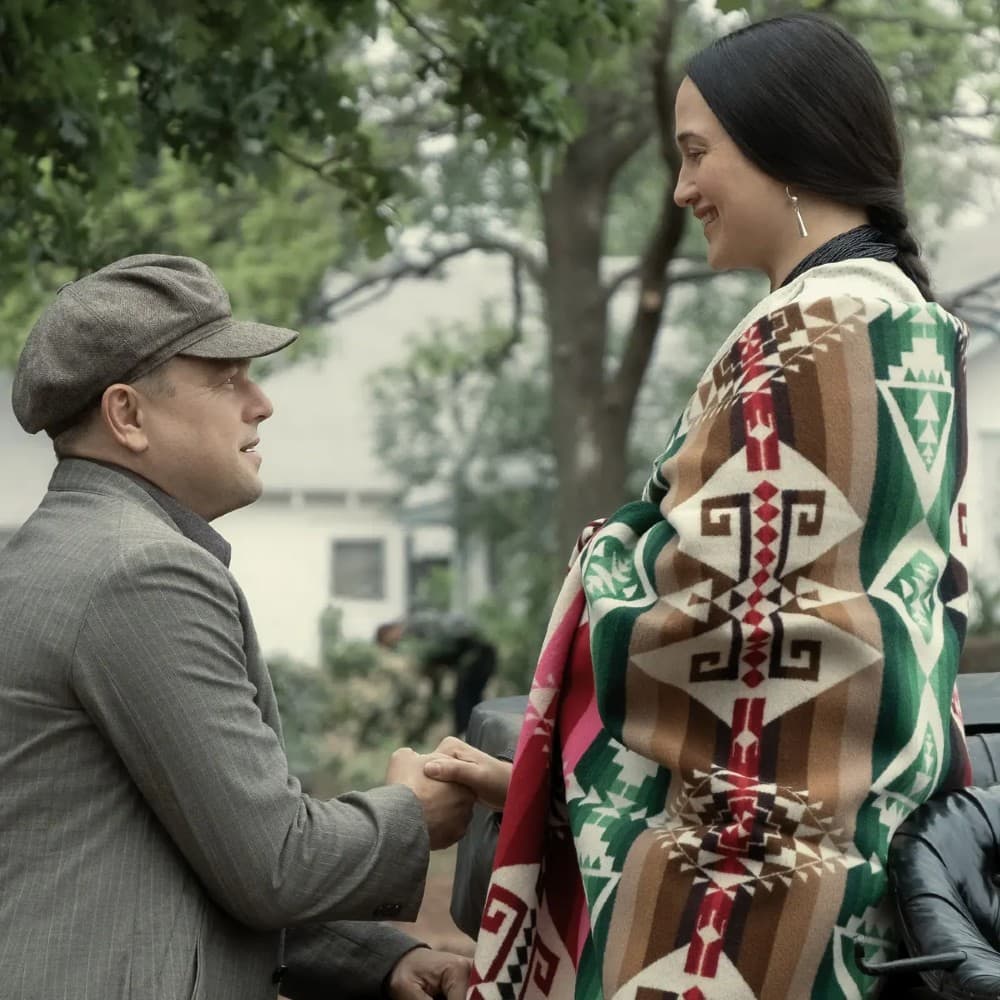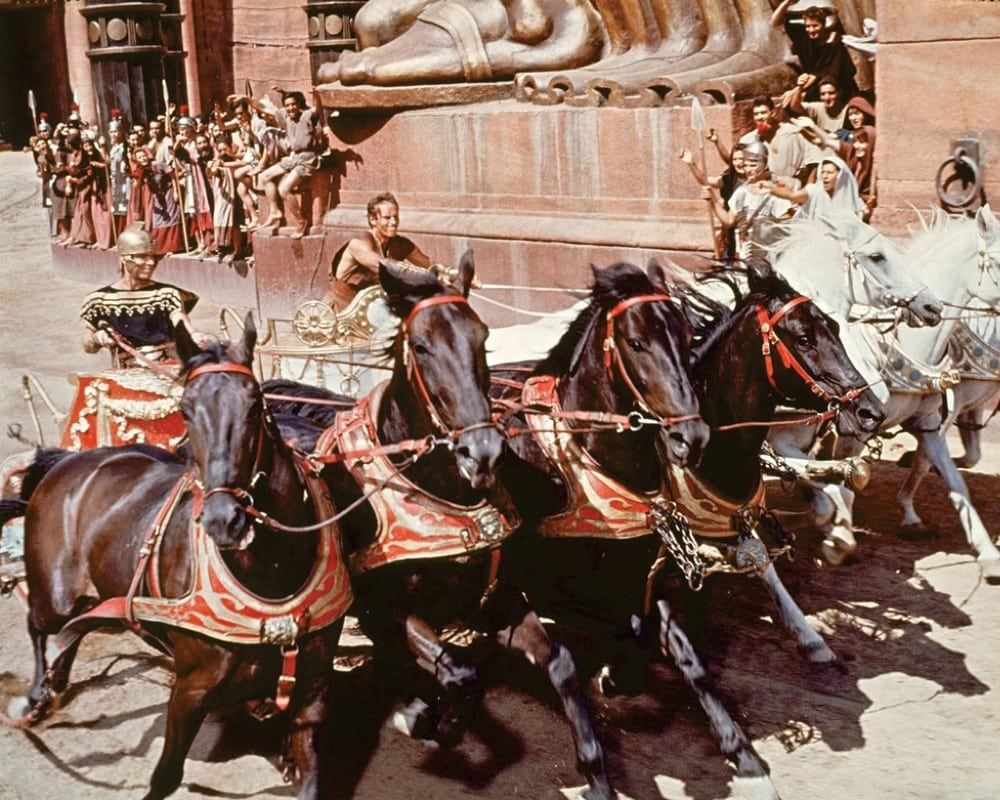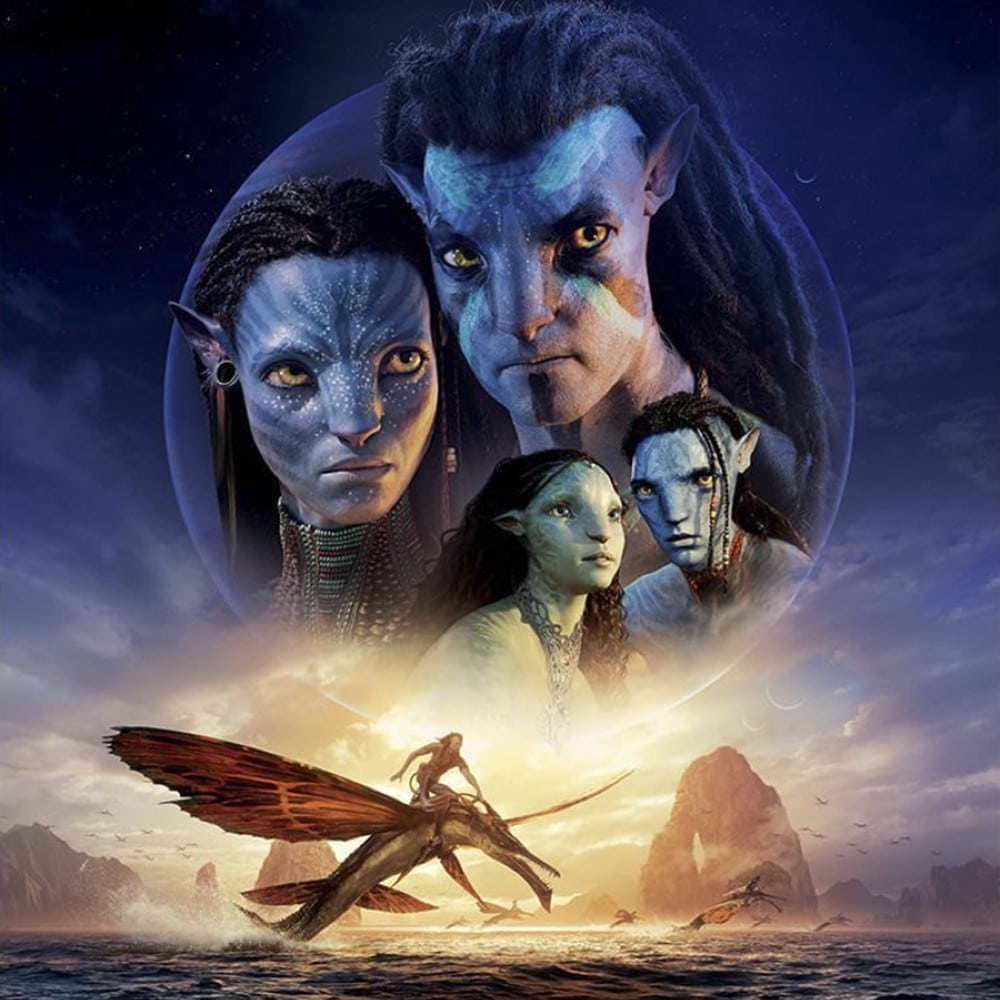
At the recent 76th Cannes Film Festival, director Martin Scorsese’s highly anticipated film Killers of the Flower Moon had its premiere. The film, based on David Grann’s best-selling book, has a runtime of 3 hours and 26 minutes. Although rumored to be nearly four hours long, it is not the longest feature to debut at Cannes, even at its current length. In this context, let’s delve into the retrospective journey of long films on the big screen.
Longest Films in Cannes History
The Italian historical drama The Best of Youth, which premiered at Cannes in 2003, holds the record for the longest film shown at the festival, with a runtime of 366 minutes. The Chinese documentary Dead Souls, showcased in 2018, runs an astonishing 495 minutes.
Early Epic Long Films

D.W. Griffith’s silent epic The Birth of a Nation in 1915 is known for its technological advancements in storytelling, but its length also attracted attention with a runtime of 193 minutes. After the dominance of sound films in the 1930s, many movies had runtimes of around 90 minutes, with some shorter films even lasting 70 minutes. Epics of the late ’50s and early ’60s, such as Ben-Hur, Giant, Spartacus, How the West Was Won, and Lawrence of Arabia sought to captivate audiences with their grandeur and used overtures and intermissions to enhance the experience. Longer films were then seen as a way to compete against TV’s emerging threat, along with more immersive formats like Cinerama.
Film Length Preferences
The notion that films should be around two hours long persisted for a long time. During the video store era, most commercial releases were between 90 and 120 minutes, with longer runtimes reserved for prestige pictures released during the awards season. However, the rise of streaming platforms and the binge-watching trend have shifted viewers’ preferences, making them more accustomed to relatively longer narratives.
Future Prospect

In recent years, films have surpassed the two-hour mark more frequently. Improved cinema amenities and the popularity of serialized narratives on TV have contributed to audiences’ willingness to engage with longer films. Celebrated directors like Martin Scorsese and James Cameron, known for complex storytelling, have made use of longer runtimes to delve into intricate subjects and immersive visuals without sacrificing viewer engagement. The evolving viewing habits of audiences, along with advancements in cinema technology, have made longer runtimes more feasible and appealing. As the landscape of filmmaking continues to evolve, it’ll be interesting to see if long movies will become the new norm in the future.